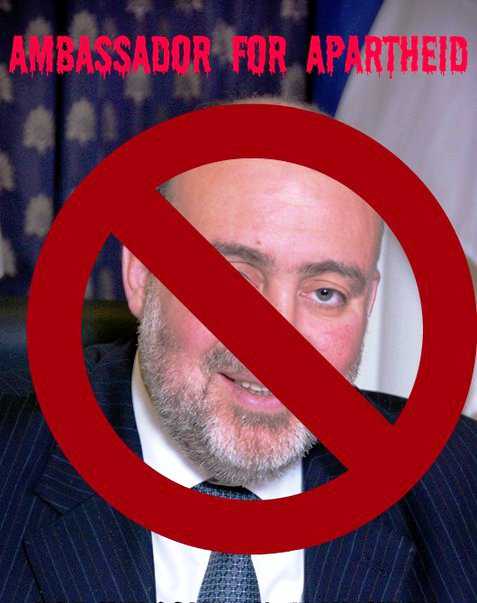Egypt’s uprising discredits every western stereotype about Arabs*
John Pilger
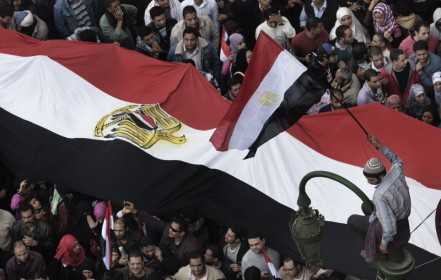
Western leaders should be quaking in their boots.
The uprising in Egypt is our theatre of the possible. It is what people across the world have struggled for and their thought controllers have feared. Western commentators invariably misuse “we” and “us” to speak on behalf of those with power who see the rest of humanity as useful or expendable. The “we” and “us” are universal now. Tunisia came first, but the spectacle always promised to be Egyptian.
As a reporter, I have felt this over the years. At Tahrir (“liberation”) Square in Cairo in 1970, the coffin of the great nationalist Gamal Abdel Nasser bobbed on an ocean of people who, under him, had glimpsed freedom. One of them, a teacher, described the disgraced past as “grown men chasing cricket balls for the British at the Cairo Club”. The parable was for all Arabs and much of the world. Three years later, the Egyptian Third Army crossed the Suez Canal and overran Israel’s fortresses in Sinai. Returning from this battlefield to Cairo, I joined a million others in Liberation Square. Their restored respect was like a presence – until the United States rearmed the Israelis and beckoned defeat.
Thereafter, President Anwar Sadat became America’s man through the usual billion-dollar bribery and, for this, he was assassinated in 1981. Under his successor, Hosni Mubarak, dissenters came to Liberation Square at their peril. The latest US-Israeli project of Mubarak, routinely enriched by Washington’s bagmen, is the building of an underground wall behind which the Palestinians of Gaza are to be imprisoned for ever.
The grisly peacemaker
Today, the problem for the people in Liberation Square lies not in Egypt. On 5 February, the New York Times reported: “The Obama administration formally threw its weight behind a gradual transition in Egypt, backing attempts by the country’s vice-president, General Omar Suleiman, to broker a compromise with opposition groups . . . Secretary of State Hillary Clinton said it was important to support Mr Suleiman as he seeks to defuse street protests . . .”
Having rescued him from would-be assassins, Suleiman is, in effect, Mubarak’s bodyguard. His other distinction, documented in Jane Mayer’s investigative bookThe Dark Side, is as supervisor of US “rendition flights” to Egypt, where people are tortured by order of the CIA. When President Obama was asked in 2009 if he regarded Mubarak as authoritarian, his swift reply was “no”. He called him a peacemaker, echoing that other great liberal tribune, Tony Blair, to whom Mubarak is “a force for good”.
The grisly Suleiman is now the peacemaker and force for good, the man of “compromise” who will oversee the “gradual transition” and “diffuse the protests”. This attempt to suffocate the Egyptian revolt will depend on a substantial number of people, from businessmen to journalists to petty officials, who have provided the dictatorship’s apparatus. In one sense, they mirror those in the western liberal class who backed Obama’s “change you can believe in” and Blair’s equally bogus “political Cinemascope” (Henry Porter in the Guardian, 1995). No matter how different they appear, both groups are the domesticated backers and beneficiaries of the status quo.
In Britain, the BBC’s Today programme is their voice. Here, serious diversions from the status quo are known as “Lord knows what”. On 28 January the Washington correspondent Paul Adams declared, “The Americans are in a very difficult situation. They do want to see some kind of democratic reform but they are also conscious that they need strong leaders capable of making decisions. They regard President Mubarak as an absolute bulwark, a key strategic ally in the region.
“Egypt is the country, along with Israel, on which American Middle East diplomacy absolutely hinges. They don’t want to see anything that smacks of a chaotic handover to frankly Lord knows what.”
Fear of Lord-knows-what requires that the historical truth of US and British “diplomacy” as largely responsible for the suffering in the Middle East be suppressed or reversed. Forget the Balfour Declaration, which led to the imposition of expansionist Israel. Forget the secret Anglo-American sponsorship of jihadists as a “bulwark” against democratic control of oil. Forget the overthrow of democracy in Iran and the installation of the tyrant shah, and the slaughter and destruction in Iraq. Forget the US fighter jets, cluster bombs, white phosphorus and depleted uranium that are performance-tested on children in Gaza. And now, in the cause of preventing “chaos”, forget the denial of almost every basic civil liberty in Omar Suleiman’s contrite “new” regime in Cairo.
Overtaken by events
The uprising in Egypt has discredited every western media stereotype about the Arabs. The courage, determination, eloquence and grace of those in Liberation Square contrast with “our” specious fear-mongering, with its al-Qaeda and Iran bogeys and iron-clad assumptions of the “moral leadership of the west”. It is not surprising that the recent source of truth about the imperial abuse of the Middle East, WikiLeaks, is itself subjected to craven and petty abuse in those self-congratulating newspapers that set the limits of elite liberal debate on both sides of the Atlantic. Perhaps they are worried. Public awareness is rising and bypassing them.
In Washington and London, the regimes are fragile and barely democratic. Having long burned down societies abroad, they are now doing something similar at home, with lies and without a mandate. To their victims, the resistance in Liberation Square must seem an inspiration. “We won’t stop,” said a young Egyptian woman on TV. “We won’t go home.” Try kettling a million people in the centre of London, bent on civil disobedience, and try imagining it could not happen.
* Title of the Print edition
John Pilger, renowned investigative journalist and documentary film-maker, is one of only two to have twice won British journalism’s top award; his documentaries have won academy awards in both the UK and the US. In a New Statesman survey of the 50 heroes of our time, Pilger came fourth behind Aung San Suu Kyi and Nelson Mandela. “John Pilger,” wrote Harold Pinter, “unearths, with steely attention facts, the filthy truth. I salute him.”
www.newstatesman.com, 10 February 2011

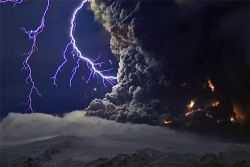
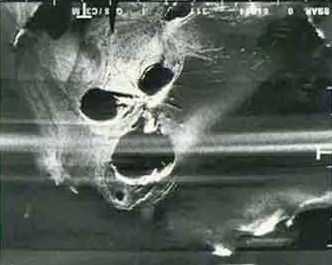 of dollars in loss, paralyzed European air travel and caused food and other commodities to spike upwards.
of dollars in loss, paralyzed European air travel and caused food and other commodities to spike upwards.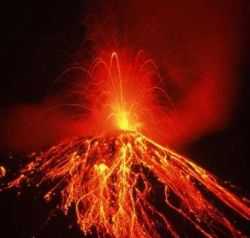 Grim experts concede that if the volcano’s current activity culminates in an eruption equal to that of 1477, all of Scandinavia and much of northern Russia and Europe will be left reeling. The UK will be slammed by choking volcanic dust, grit and poisonous superheated gases. Commerce will grind to a halt, the skies will blacken for weeks, perhaps months, and agriculture would be severely affected.
Grim experts concede that if the volcano’s current activity culminates in an eruption equal to that of 1477, all of Scandinavia and much of northern Russia and Europe will be left reeling. The UK will be slammed by choking volcanic dust, grit and poisonous superheated gases. Commerce will grind to a halt, the skies will blacken for weeks, perhaps months, and agriculture would be severely affected.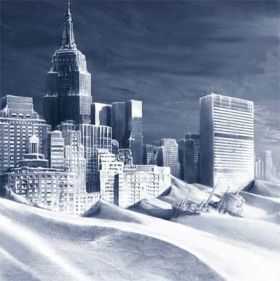 A plethora of scientists have come out in the past 12 months warning about the signs of an impending Ice Age. Some believe it will be a mini-Ice Age, others argue it will be a major one.
A plethora of scientists have come out in the past 12 months warning about the signs of an impending Ice Age. Some believe it will be a mini-Ice Age, others argue it will be a major one.
